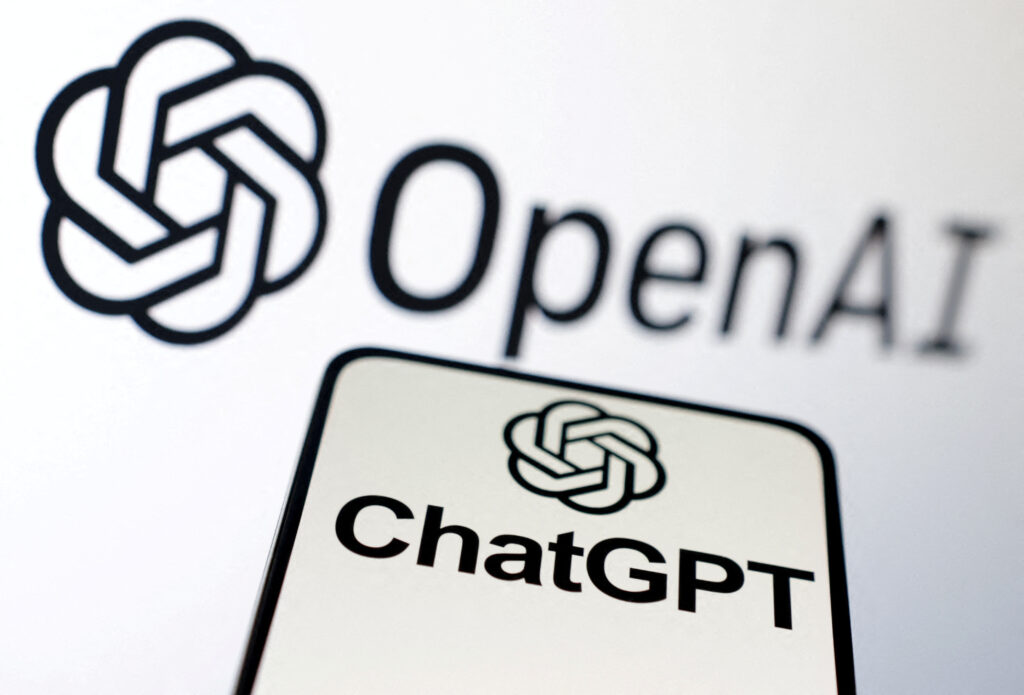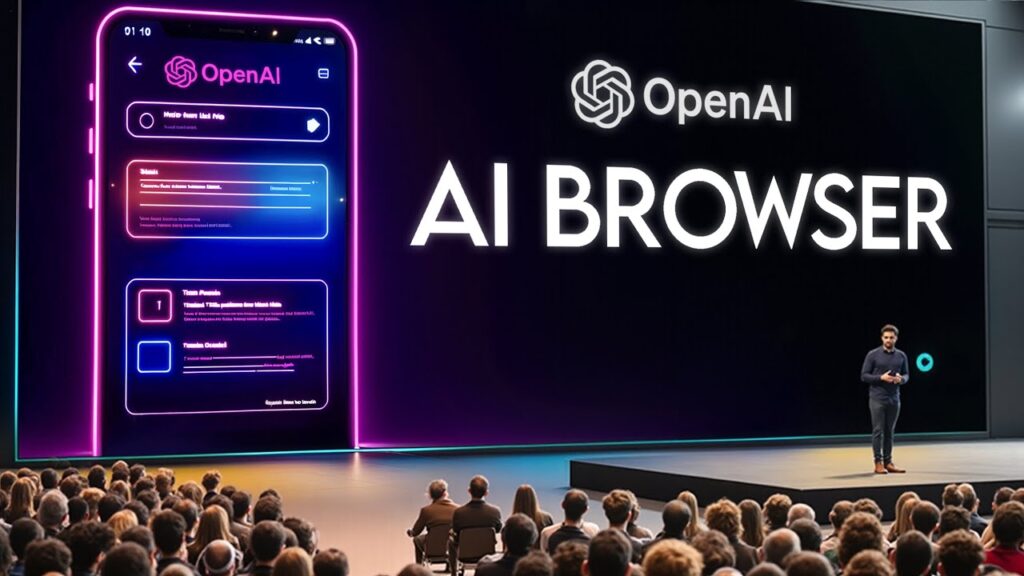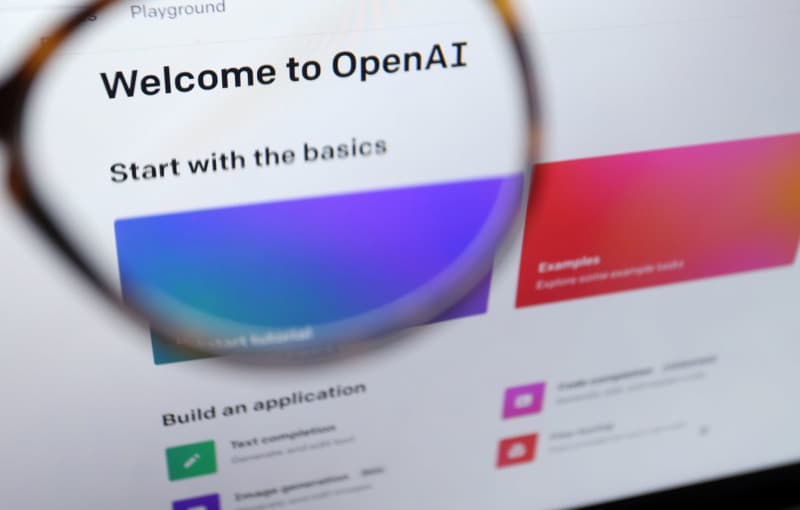In a move that could redefine the future of internet browsing, OpenAI is set to launch its own web browser, directly positioning itself as a serious competitor to Google Chrome. With over 400 million weekly active users on ChatGPT, OpenAI’s potential to disrupt the web browsing market is significant. This OpenAI web browser is not just a technological upgrade it represents a shift in how data privacy, advertising, and artificial intelligence will shape the internet.
The Rising Influence of OpenAI
Over the last two years, OpenAI has evolved from a research based AI organization to a tech juggernaut. ChatGPT, especially with the release of GPT-4o, has shown that users crave intelligent interaction, fast content generation, and ethical data usage. Integrating a web browser powered by AI into this ecosystem feels like a natural next step.
The OpenAI web browser promises to deliver something radically different: AI-assisted navigation, real time summarization of web pages, contextual understanding of user needs, and most importantly strict privacy features.
Google Chrome’s Dominance and Vulnerability
Google Chrome currently commands over 60% of the web browser market, making it a critical pillar of Alphabet’s advertising empire. According to StatCounter, Chrome’s dominance allows Google to track users, funnel data into its ad network, and drive search queries through its engine by default. Nearly 75% of Alphabet’s revenue comes from advertising, much of it empowered by Chrome’s data gathering.

Google Chrome and Targeted Advertising
A 2023 study by the University of Oxford found that Chrome collects more than double the user metadata compared to Mozilla Firefox or Safari. This data includes location, browsing habits, device information, and even behavioral cues. Marketers use this metadata to create hyper targeted ads that fuel Google’s advertising success. However, this approach has drawn increasing scrutiny from privacy advocates and regulatory bodies.
This makes the OpenAI web browser particularly disruptive. If OpenAI can offer a smarter, privacy focused browser, many users and advertisers may reconsider their allegiance to Chrome.
What Makes OpenAI’s Browser Different?
Unlike traditional browsers, the OpenAI web browser will reportedly be deeply integrated with ChatGPT’s large language models. Here’s what users can expect:
1. AI Powered Browsing
Imagine searching for “best budget travel destinations” and receiving an AI curated list of options with prices, reviews, and travel tips all from multiple sources instead of a flood of blue links. This is what OpenAI promises.
2. Privacy First Design
OpenAI CEO Sam Altman has often criticized data exploitation in big tech. He emphasized in a recent interview, “Users deserve tools that respect their privacy by default.” The new browser will likely reflect this principle, minimizing data collection and offering transparent controls over cookies and tracking.
3. Context Aware Navigation
Integrated with ChatGPT, the browser will learn user preferences without violating privacy. It could remind you of unfinished tasks, summarize lengthy documents, and highlight critical news without overwhelming you.

Expert Opinions on the Browser War
Dr. Emily Tran, a digital ethics researcher at Stanford, believes this move could finally challenge the surveillance capitalism model. “If OpenAI’s browser gains traction, it could pressure Google to rethink its data model. It’s not just about browsing it’s about control over the internet itself.”
Tech journalist Marcus Lee notes:
“We’ve seen browsers come and go, but none had a backend AI ecosystem like ChatGPT supporting them. If OpenAI plays it right, this could be Chrome’s first real threat in over a decade.”
Potential Impact on Users and Advertisers
For the everyday user, the OpenAI web browser could mean a cleaner, smarter, and safer internet experience. For advertisers and publishers, it could mean a redefinition of targeting strategies. If OpenAI limits data access, businesses will need to pivot to context based advertising and ethical audience engagement.
Why I Might Switch
As a digital content creator, I’ve grown tired of invasive ads and cluttered pages. The idea of a browser that offers intelligent summaries, safe browsing, and ethical data handling is refreshing. I tested a beta like feature in ChatGPT that previewed pages intelligently and the time I saved was remarkable. If that functionality is embedded into a full browser, I’d consider switching on day one.
What Could Stand in the Way?
Of course, no transition comes without hurdles. OpenAI will face. Monopoly pressure from Google, including potential changes to search and web integrations. Compatibility concerns with websites built with Chrome specific features. Adoption resistance from users accustomed to existing browsers
But OpenAI also has one advantage: trust. Many ChatGPT users already rely on OpenAI for daily assistance. If trust translates into browser adoption, the impact could be monumental.

A New Chapter for the Internet
The OpenAI web browser isn’t just a tool it’s a philosophy shift. It challenges the idea that user data is the price we must pay to use the internet. By combining AI powered convenience with privacy first architecture, OpenAI is not just challenging Chrome it’s challenging the very business model behind today’s internet.
With 400 million weekly users ready to explore, this browser could mark the beginning of a smarter, safer, and more user centric digital world.

1 thought on “OpenAI Web Browser Launch: The AI-Powered Chrome Alternative You Need in 2025”